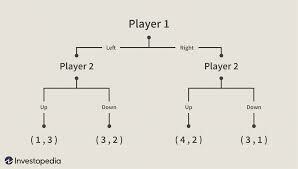On game theory – Regina Rini in TLS:
‘Now, of course, those who support defending all NATO states, but who balk at a no-fly zone, could provide a Cold War-era answer. Regardless of whether NATO really would, or should, risk nuclear conflict to defend its smallest members, they contend, we must continue talking as if we would. On this old theory, maintaining a credible threat is what keeps Russia away.
Whatever the merits of such Strangelovian realpolitik, it is hardly a moral argument. The shadow of the bomb is so dark that it obscures any serious ethical debate. Once someone mentions nuclear war, we retreat from values and talk instead about game theory and deterrence calculations, cold mechanical equations meant to circumscribe apocalypse. The message seems to be: this is no time to be enslaved to passions.’
(…)
‘If NATO does come fully to Ukraine’s aid, this will not be a strictly rational calculation. It would take a more fundamental sort of commitment, an existential grasp for freedom before safety. I know that I’m glad to be a philosopher and not a world leader. I don’t envy those who must make existential choices on behalf of everyone. In movies, a person who risks their life – their whole world – for a good cause is a hero. But someone who risks everyone’s world is a dangerous lunatic. When we are forced to make choices with unreasonable stakes, we are lucky if reason plays even a small supporting role.’
Read the article here.
A few notes.
Isn’t game theory part of reason?
Realpolitik is seldom a moral argument, realpolitik is pragmatism, maneuvering between the possible and the impossible, a bit of fear, a great love for the status quo.
Somebody labeled the Ukrainians ‘victims of history’ i.e. they are sacrificed on the altar of realpolitik.
On the altar of game theory.
